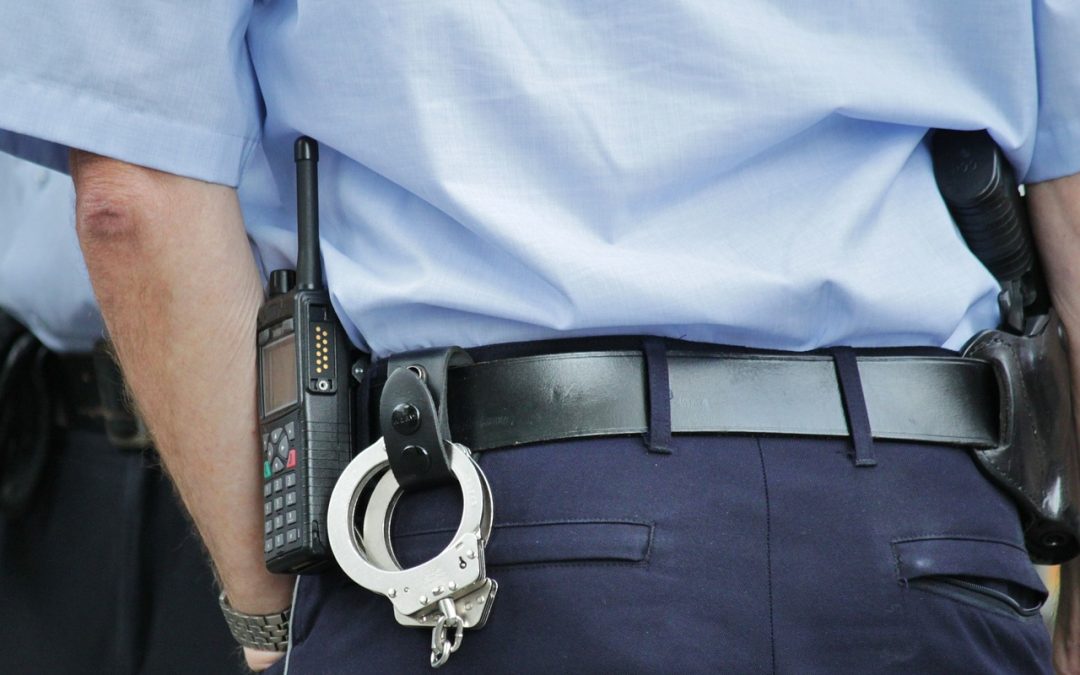In 1984, as part of Ronald Reagan’s renewed war on drugs, the Drug Enforcement Administration launched Operation Pipeline. This program was inspired by the strategies employed by state troopers in New Mexico who, after pulling somebody over, asked specific questions designed to determine whether the driver might be a drug trafficker. Combined with the financial incentives of federal grants for drug enforcement and civil asset forfeiture laws, state and local police had strong new incentives to find reasons to stop vehicles and search for drugs. Operation Pipeline was meant, in part, to train...

How Qualified Immunity Became Absolute Immunity for Police Officers
When Israel Leija, Jr. was picking up food at a drive-through in 2010, police officers approached his car to arrest him. Leija was guilty of violating his probation, and when the officers informed him that he was under arrest, he sped away. For the next twenty minutes, Leija led the police on a high speed chase. During the chase, the police used standard tactics to stop Leija. Anticipating his possible routes, they deployed tire spikes in three different areas. But one officer, Chadrin Mullenix, decided to think outside the box. Despite never having been trained to shoot moving vehicles,...
How the Global Drug War Pushed Down Heroin Prices
In the 1950s, Corsican gangsters such as Lucky Luciano created a mafia empire by smuggling morphine base from Turkey to Sicily, where it was refined into heroin, then shipped to France and finally to the United States. This was the infamous "French Connection" that supplied the bulk of the heroin supply that the United States received through the early 70s. When Nixon took office, he pressured the Turkish government to outlaw poppy production, and the enforcement of these new laws largely shut down the Turkish opium trade in 1972. Nixon's "War on Drugs" looked like it was going to be a short...









